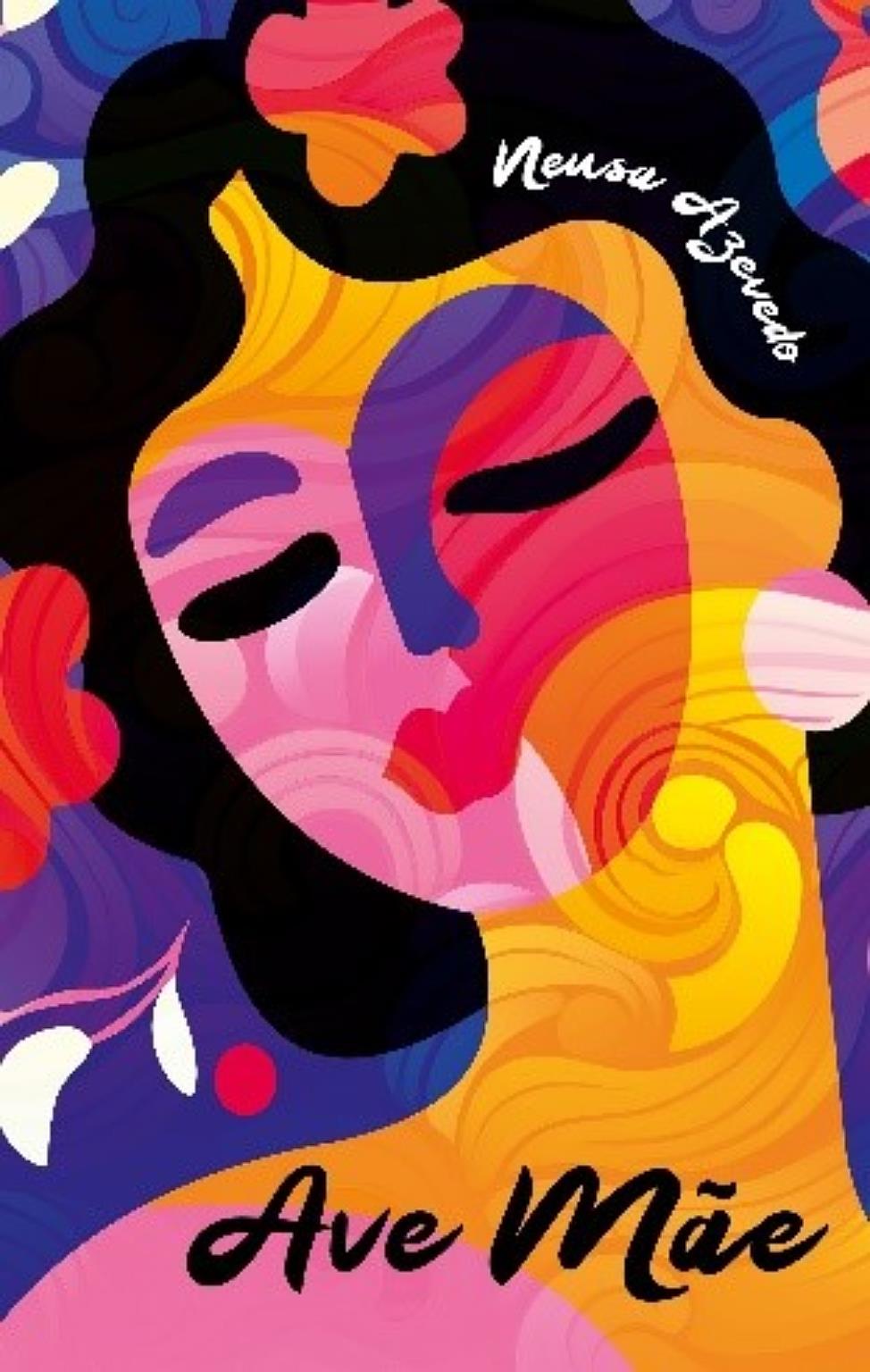
Minas Gerais poet Neusa Azevedo is launching Ave Mãe and Segredos Nossos, two books published together that explore the marks left by affection, discoveries and losses throughout life. While Ave Mãe pays homage to the maternal figure and reflects on mourning, Segredos Nossos brings more intimate verses about love, uncertainty and the search for joy. The work represents the fourth publication by the author, who has already participated in anthologies and published three other poetry books.
Poetry has the power to transform feelings and give new colors to life’s experiences. In your case, how did writing help in the grieving process and in the construction of Ave Mãe ?
The construction of Ave Mãe was a path of companionship between my life and that of my mother. As I got closer to my experience with my mother, I loved her even more because I purified that love. In return, I freed her to follow the path of death, which we don’t know exactly what it is, so that she could leave. I unbuttoned my blouse, the place of my heart, of my selfish attachments, and buttoned up the memories that I discovered in her and in me. It was my own process, of course, but I took her as a companion. And the knot of mourning was untied and life became possible even though my mother was no longer part of my routine.
The verses of Ave Mãe recall simple but deeply meaningful moments with the maternal figure. Do you believe that affective memory can be a way of keeping alive the presence of those who have passed away?
It is a way of retaining memory, remembering, recalling, and talking mentally. But effective memory does not keep the person alive, because the cruel reality is that they have died and this does not allow us to stroke their hair, nor does it emit the sound of footsteps through the house that only their footprints make. When I wrote Ave Mãe , I often imagined her alive, but I did not forget that she was no longer here. The body that carries the soul is also an abundant, discerning, beautiful and loving presence.

When we turn to Ave Mãe, we find Segredos nossos , which has a more intimate and reflective tone. What was the process of connecting these two works that are so different and, at the same time, complementary?
I thought that two works that carry a lot of feeling could be united by the following characteristics: lyrical self, synthesis, metaphors. In all the poems of “Ave Mãe” there is the theme of the loss of the mother, her memory; in short, the bias is the mother. “Segredos Nossos” besides poetic familiarity, works on the search for the self, passion, love, loneliness and friendship. There is a notebook of notes that deepen and thus move universally across its pages. What we see here is a drawing of the self and the other, in a unique way in each of the works.
Your poems explore both loss and love, uncertainty and dreams. Do you believe that poetry is a mirror of human emotions or an attempt to find meaning in them?
I firmly believe that poetry is both a mirror of human emotions and an attempt to find meaning in them. One path does not exclude the other. Poems are significantly a human portrait. Freud already said that the unconscious, before him, was discovered by poets and philosophers. Therefore, we have a masterful poetic heritage, thus embroidering on our pages Fernando Pessoa who wants to deliver his greatness to the moon in the reflection of the waters. It is impossible to talk about human emotions without, above all, trying to find words in their meanings, which are many, and yet, not enough.

You have published other poetry books and participated in anthologies. At what point did you realize that writing was not just a passion, but a necessity in your life?
Since I was a teenager, I had a strong desire to write. But when I studied Literary Theory at UFSC, this desire became even stronger. I would walk the streets of Floripa, mentally reciting poems. It was as if if I didn’t do this, I wouldn’t be able to live. I breathed metaphors.
You live in the city of Tiros, in Minas Gerais, and have a history linked to culture and heritage. How does your experience in Minas influence your writing and your worldview?
A miner is a person who swaps one word for another, as if it were very common to create the opposite of a word when pronouncing it. I worked with cultural heritage for 12 years, non-sequentially, and this accentuated in me the value of roots, stories, and anecdotes. Culture ignites me in music, in literature, in bar scenes. Culture is the simplicity beneath the facts that truly touch us, wanting us to approach the stairs from the past to the present that does not deny the uncertain future.
Your books address universal themes such as family, love and longing. How has the public received them? Has any feedback from readers made a special impression on you?
I have received very happy feedback. Several people comment that I have written about them, that I have portrayed them. The other day, a young man heard someone calling me in a bar, and he said, “Sorry, you’re Neusa Azevedo. I can’t believe I’m seeing you, meeting you. I read your poems at the reception of my doctor’s office, how can you write like that?” The other day, a young man who had just read my book went around the bandstand in the town square of Tiros, showing the book and talking about its importance, according to him. Other people cry when they read certain poems. I am very happy when someone reads my poems and finds themselves in the same theme.
Follow Neusa Azevedo on Instagram


